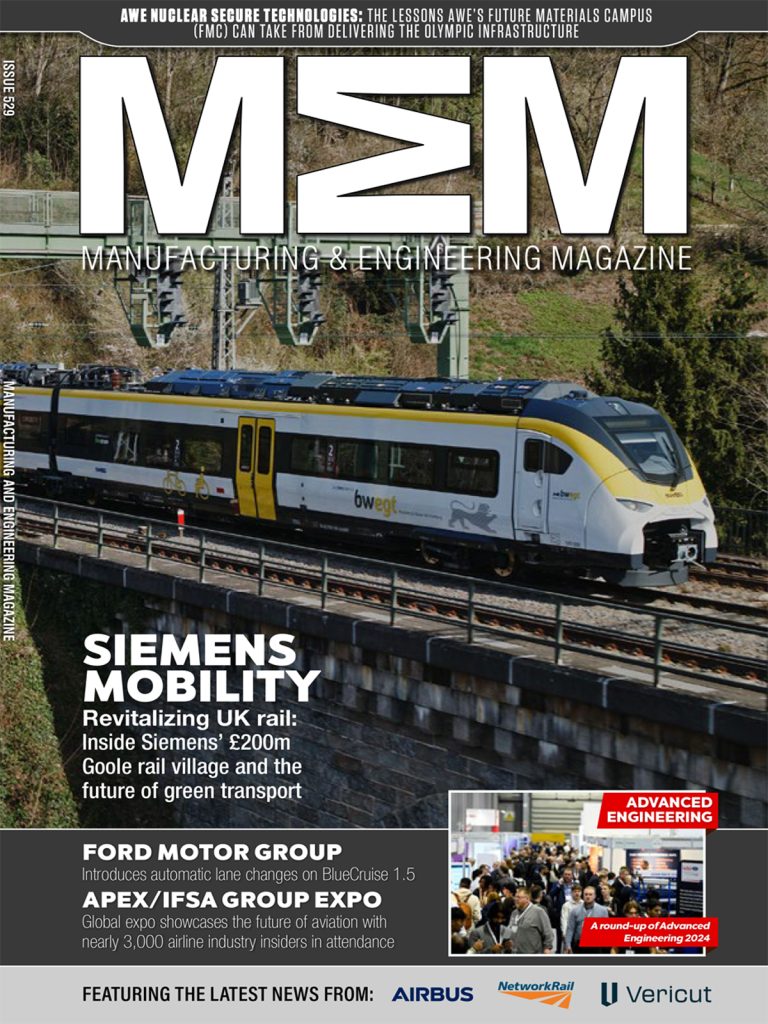5 Impactful AI Changes to Watch For : As artificial intelligence continues to improve, we are seeing a rapid expansion of its use across different industries. AI is now used in everything from home temperature control to international logistics, and seemingly everywhere in between. But in the years to come, some applications are bound to be more impactful than others. The following is not a comprehensive list of such applications, but it speaks to some of the specific AI-related changes that we expect, in some very real ways, to change the world.
1. Ethics Breakthroughs in Self-Driving Technology
The idea of ethics in AI is not always given proper attention. Yet Rolls-Royce’s breakthroughs in AI ethics highlighted in September, this is a crucially important subject. Specifically, the company developed an “AI ethics framework” that organizations could use to make sure that decisions to use AI are ethical. Additionally, it created a “step-by-step process for ensuring the outcomes of AI algorithms can be trusted.”
These developments and others like them will be important for many different uses of AI moving forward, but could prove particularly significant where self-driving technology and autonomous vehicles are concerned. Already, AI is capable of enabling vehicles to drive themselves, even on challenging roads and in heavy traffic. But trust is another matter altogether. Ongoing progress with these kinds of ethical developments could lead to more trust, both from government regulators and individuals — ultimately resulting in autonomous vehicles beginning to take over our roads.
2. Drug Discovery
The field of drug discovery is a vast, complex, and expensive one. It is also going to become even busier in light of the crippling pandemic the world has experienced in 2020. Presumably, even more investment, time, and research is about to be poured into preemptive drug research, in the hopes of developing technologies, medicines, and treatments that will guard humanity against myriad current and future health crises. And it’s become clear that just as AI is playing a massive role in biomedical engineering, it will also impact drug discovery.
Business Insider’s report on AI in drug development does an excellent job of explaining where the technology can be useful and how much of an effect it may have. The report first indicates that AI can ultimately cut costs for drug research by as much as 70%. That alone would allow for significant escalation in efforts to discover and develop new drugs. But beyond the discovery process, the report also explains that AI can be used to speed up clinical trials, gathering more data in a shorter span of time. This would be game-changing for the development and testing of new treatments, and even future vaccines.
3. Robotics in Manufacturing
When we hear about “robotic” functions today, it is often related to one of two things: a generally automated function, or an experimental engineering project.
Regarding the former, the chief examples tend to come from the world of finance, where the idea of “robotic” automation is changing how people invest and manage money. A write-up on robo-advisors by FXCM explains this idea quite clearly: it’s “an automated online platform that creates investment portfolios and financial plans for individuals.” It is like an intelligent robot is making investment and trading decisions on behalf of an individual or firm. However, these robo-advisors are really just computer programs, as sophisticated and effective as they may be.
On the other end of the spectrum we have the aforementioned experimental engineering projects, such as those from Boston Dynamics that frequently go viral. These projects have incredible implications, but they are for now mostly showcases reminiscent of Tony Stark bits from Iron Man films.
On a more functional level though, actual robotic functions are beginning to come into play in the manufacturing world. These don’t get as much publicity as robotic investment tools or physical robots that can perform tasks that go viral on social media. But innovations as straightforward as robotic arms sorting materials, or robotic machines that self-asses for quality and maintenance, have the potential to reshape manufacturing. They’re likely early steps toward full-fledged robots being put to use in the industry, and already they can vastly improve efficiency and cut back on errors.
4. Intelligence in Prosthetics
Prosthetics may seem to be rare for those who have not had personal experience with them. The truth, however, is that there are millions upon millions of medical patients, combat veterans, and others in need of prosthetics all around the world. Furthermore, some of the most common causes of bodily amputations are growing more prevalent. Case in point, The Guardian looked into diabetic amputations a few years ago and found that the UK had reached a record of 169 patients per week suffering this fate.
All of that is to say that there is a much greater need for prosthetics than most of us tend to realise. And while the type of injury or illness impacts the range of possibilities for any given patient, it is clear that AI has a role to play in making amputees whole. Sophisticated, tech-infused prosthetics that can read intentions and respond to mental commands can now be constructed. And over time, they’ll continue to improve and become more attainable — hopefully changing the lives of millions of amputees.
5. Real-Time Language Processing
AI also carries the potential to essentially do away with language barriers around the world. It’s not quite so simple as that, but we’re already seeing that even mobile phone applications can translate written and spoken words essentially in real time. Chances are the iPhone or Android device in your pocket can right now help you carry on a full conversation with someone who speaks an entirely different language than you. But in the near future this sort of practice is going to get more convenient and more capable. Many believe that it will ultimately be “smart glasses” that effectively put an end to language barriers. By listening to and processing conversation, these devices will presumably be able to offer us subtitles right before our eyes.
This sort of benefit is thought of primarily as a matter of convenience for people travelling, studying abroad, and so on. But there are also significant implications in manufacturing, engineering, and other global industries. Instantaneous, AI-driven language processing will enable better cross-border collaboration. Foreign-made products will be more quickly understood (when it comes to labels and instructions), international conferences will be seamless, and all in all production will be made smoother in countless instances.
Manufacturing & Engineering Magazine | The Home of Manufacturing Industry News














